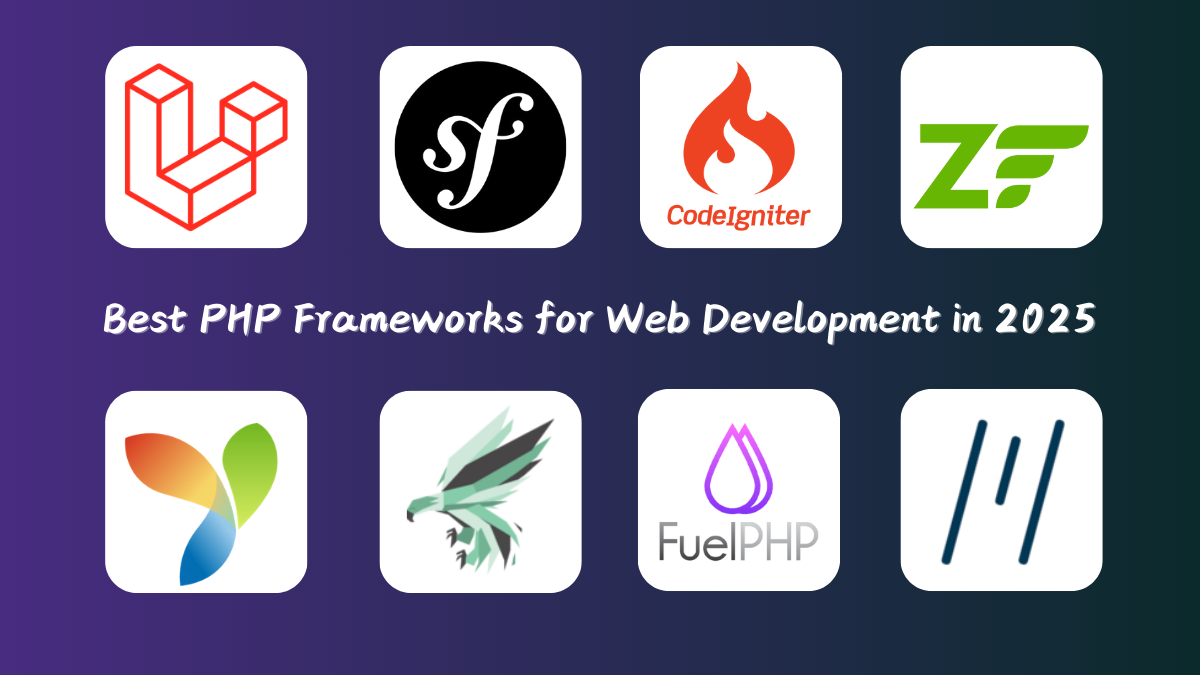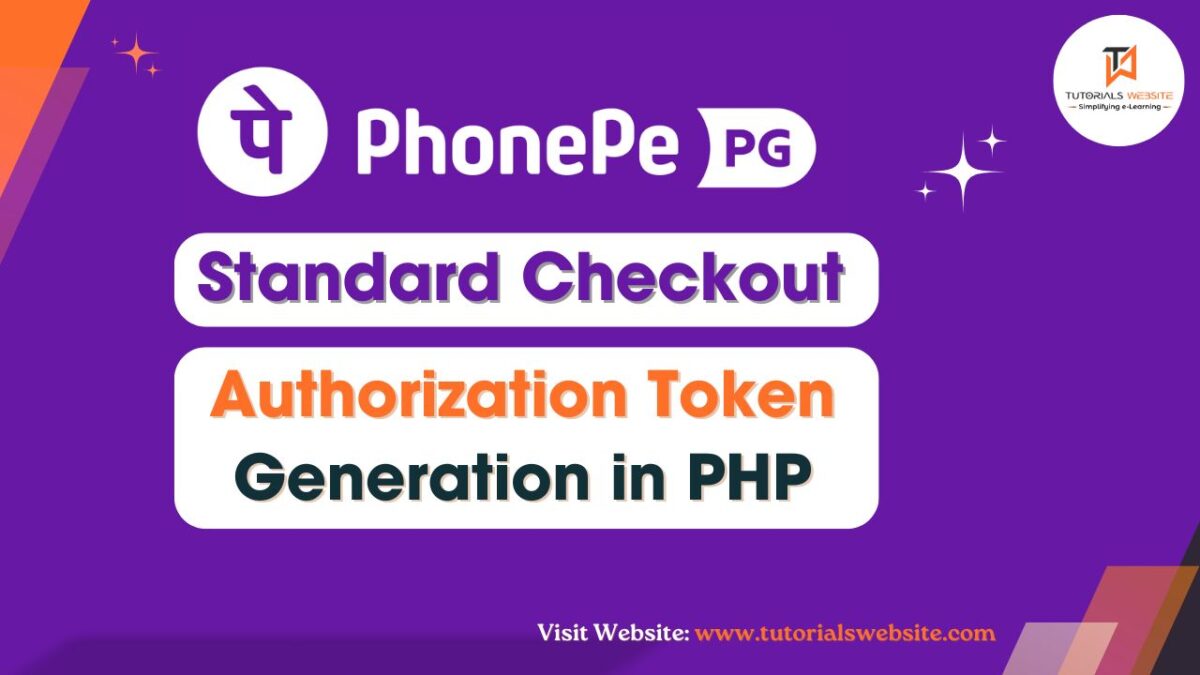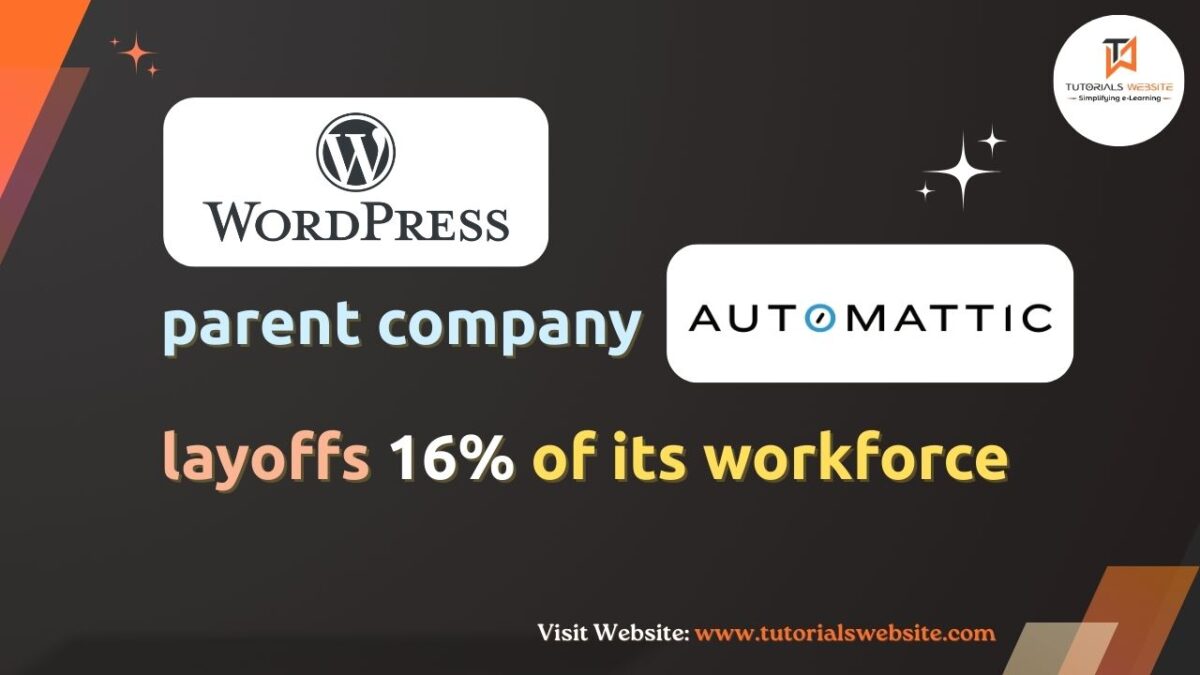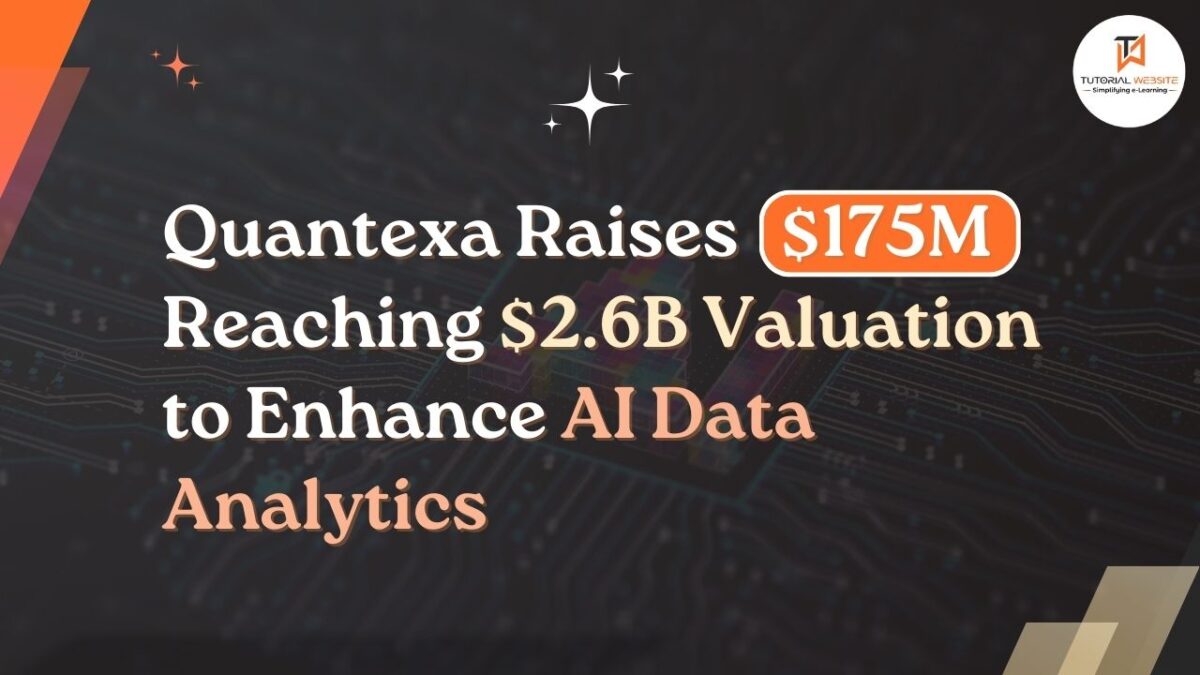PHP has been a popular web development language for many years and is unlikely to fade anytime soon. PHP has long been a popular choice for developing websites and applications due to its ease of use and versatility. But what truly makes PHP shine are its frameworks, which simplify complex processes and accelerate development.
Suggested Read: How to Integrate PhonePe Payment Gateway in PHP
PHP frameworks grow with technology, adding new functionality to fulfill the needs of modern online applications. In 2025, several frameworks will stand out more than others as tools for developing secure, scalable, and dynamic projects.
Let’s look at the most popular PHP frameworks in 2025
Laravel
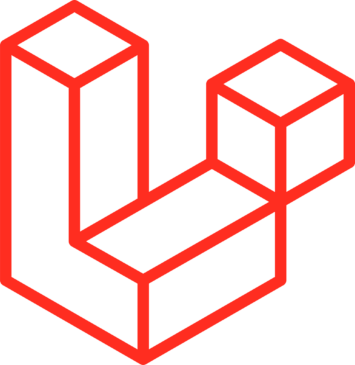
Laravel remains one of the most popular PHP frameworks in 2025, praised for its elegant syntax and developer-friendly features. Laravel’s growing ecosystem, extensive documentation, and constant updates make it an ideal choice for building modern web applications.
Also Read: How to Integrate PhonePe Payment Gateway in Laravel
Key Features:
- Eloquent ORM: A powerful and intuitive Object-Relational Mapping tool for database management.
- Blade Templating Engine: Offers a clean and simple way to create dynamic web pages.
- Laravel Mix: Provides a streamlined API for defining Webpack build steps.
- Artisan Command-Line Tool: Automates common development tasks such as database migrations and seeding.
Why Choose Laravel?
- Best suited for rapid application development.
- Large community and frequent updates ensure long-term support.
- Ideal for building RESTful APIs, SaaS platforms, and e-commerce websites
Use Cases:
- Content Management Systems (CMS)
- E-commerce platforms
- Enterprise applications
Get a professionally designed and developed website tailored to your needs.
As an experienced website developer based in Delhi NCR, I offer customized solutions to build responsive, SEO-friendly, and user-friendly websites. Whether it’s for a personal blog, business site, or e-commerce store, I ensure your online presence stands out.
Symfony

In 2025, Symfony will still be the go-to framework for web development, especially for big business projects. Its scalability and versatility allow developers to create customized solutions by utilizing its extensive library of reusable components.
Key Features:
- Modular Components: Symfony provides modular, reusable components that can be used in isolation.
- Twig Templating Engine: A fast and secure templating engine that helps developers create clean, maintainable code.
- Symfony Flex: An installation tool that helps manage Symfony applications more efficiently.
- Advanced Security Features: Includes robust security mechanisms like user authentication, encryption, and access control.
Why Choose Symfony?
- Ideal for complex, enterprise-level applications.
- Flexible enough to handle a wide range of use cases.
- Built-in tools to support testing, debugging, and continuous integration
Use Cases:
- Large-scale enterprise applications
- API-driven projects
- Complex business logic solutions
CodeIgniter
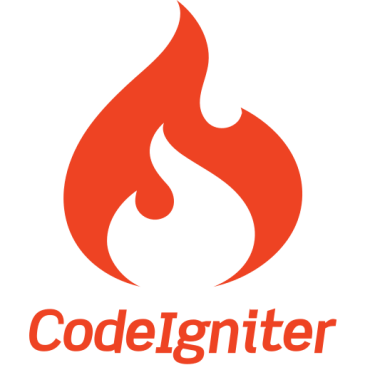
CodeIgniter remains relevant in 2025 for developers seeking a lightweight, fast, and easy-to-use framework. It is perfect for developers who need a minimal setup without the overhead of more feature-rich frameworks.
Key Features:
- Lightweight and Fast: CodeIgniter’s small footprint ensures quick performance with minimal server resources.
- MVC Architecture: It follows the popular Model-View-Controller pattern for organized and maintainable code.
- Built-in Security Features: Features like XSS filtering and CSRF protection are built into the framework.
- Easy to Learn: Ideal for developers looking to quickly develop a project with minimal configuration.
Why Choose CodeIgniter?
- Great for small to medium-sized projects.
- Simple setup and easy to learn.
- Excellent choice for prototyping and MVP development.
Use Cases:
- Small web applications
- REST APIs
- Rapid prototyping
Yii Framework

Yii, in its latest version, is highly regarded for its speed and performance. In 2025, Yii remains one of the best PHP frameworks for building large-scale web applications, especially those requiring high performance and scalability.
Key Features:
- Gii Code Generator: A powerful tool that helps developers generate code for common tasks.
- High Performance: Yii is optimized for handling high traffic and large data sets.
- Security: Built-in features like CSRF protection, input validation, and encryption.
- Active Record ORM: A robust Object-Relational Mapping system for working with databases.
Why Choose Yii?
- Best for performance-driven applications.
- Excellent for projects that require handling high traffic or large data sets.
- Great support for RESTful API development.
Use Cases:
- High-performance web applications
- API development
- Complex data management systems
Zend Framework (Laminas)
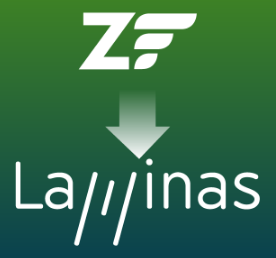
Laminas, formerly known as Zend Framework, is a strong and professional PHP framework designed to create safe, high-performance applications. It is a popular alternative for businesses seeking tailored solutions that address their specific requirements.
Key Features:
- Highly Modular: Laminas is built to be highly modular, allowing developers to use individual components without the overhead of the entire framework.
- Performance: Focuses on delivering high-performance applications, especially for large-scale enterprise systems.
- Security: Laminas comes with extensive security features, including authentication, authorization, and encryption.
- Flexible Architecture: Supports multiple approaches to building applications, from monolithic to microservices.
Why Choose Laminas?
- Ideal for enterprise-level applications requiring customization.
- Supports the development of both monolithic and microservices architectures.
- Offers extensive community support and documentation.
Use Cases:
- Enterprise-level applications
- Business-critical web systems
- API-driven platforms
Phalcon
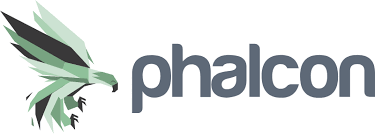
In 2025, Phalcon, a high-performance PHP framework, will continue to gain popularity due to its speed and resource efficiency. Phalcon, one of the fastest PHP frameworks on the market, is available as a C extension, as opposed to traditional PHP frameworks.
Key Features:
- Exceptional Speed: Phalcon is known for its ultra-fast performance due to its implementation as a C extension for PHP.
- MVC Architecture: It follows the MVC design pattern for clean and maintainable code.
- ORM and Query Builder: Phalcon includes an advanced ORM system and query builder for interacting with databases.
- Zephir Language: Developers can use Zephir, a PHP extension language, to write high-performance code in a more readable format.
Why Choose Phalcon?
- Best for applications that require high performance and speed.
- Suitable for real-time applications and large-scale platforms.
- Provides both raw power and developer flexibility.
Use Cases:
- High-traffic web applications
- Real-time applications
- Data-heavy platforms
FuelPHP
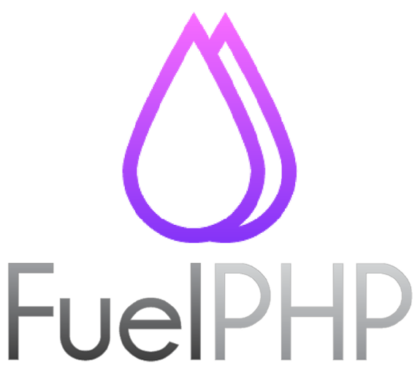
FuelPHP is a PHP framework that is versatile and community-driven, with a focus on security and flexibility. It supports both full-stack and micro-framework development, letting developers to select the most appropriate strategy for their project.
Key Features:
- HMVC Architecture: FuelPHP uses Hierarchical Model-View-Controller, which provides additional flexibility over traditional MVC.
- Built-in Security Features: Includes CSRF protection, input filtering, and encryption.
- Extensibility: FuelPHP is designed to be easily extended with modules and plugins, allowing developers to add new functionality as needed.
- RESTful Routing: Great support for building RESTful APIs.
Why Choose FuelPHP?
- Ideal for developers looking for a flexible and secure framework.
- Good for building APIs and applications requiring custom functionality.
- Designed to support high-security requirements.
Use Cases:
- RESTful APIs
- Secure web applications
- Modular applications
Related Read: How to Integrate PhonePe Payment Gateway in Laravel
Conclusion
In 2025, PHP frameworks continue to evolve to meet the demands of modern web development. Laravel, Symfony, and CodeIgniter remain the top choices for most developers due to their ease of use, robust features, and strong community support. For high-performance, enterprise-level, or data-heavy applications, frameworks like Yii, Laminas (Zend), and Phalcon are excellent choices.
By choosing the right PHP framework, developers can ensure that their applications are scalable, secure, and maintainable, paving the way for future-proof web development.
Suggested Read: Creating a PHP Callback Page for Receiving JSON Data: A Step-by-Step Guide

Nidhi Maurya is a professional blogger and Content Writer who writes about a variety of topics related to his niche, including Web Tech, SEO, and digital marketing.


